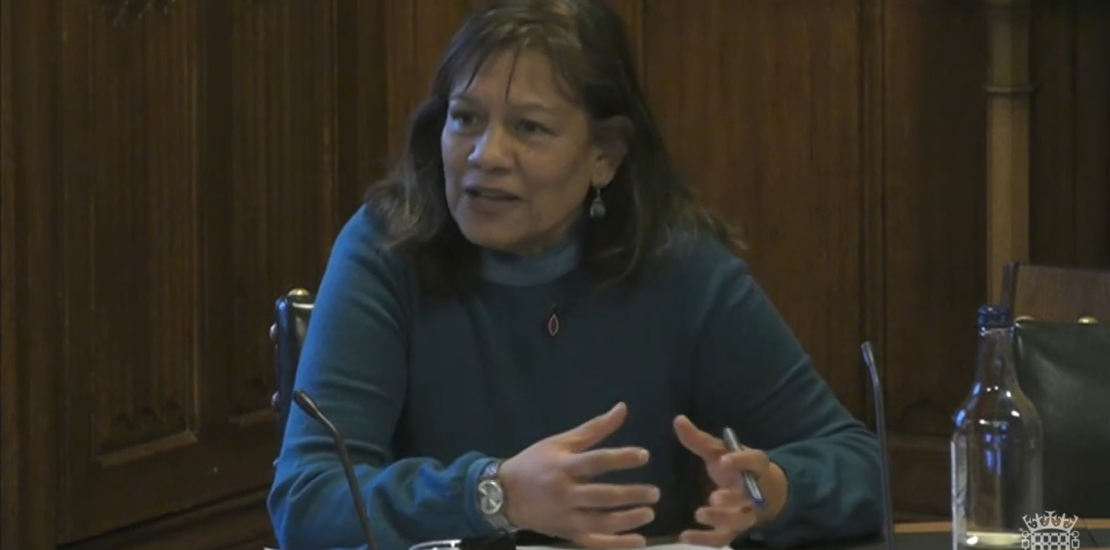- 26/01/2022
- Posted by: Valerie Vaz MP
- Category: News

On Wednesday afternoon, 26 January 2022, I participated in an Environmental Audit Committee meeting considering Net-Zero shipping. If the world is to meet its 1.5 degree target on climate change, methods must be found to reduce carbon emissions from shipping. If the shipping industry were a country, it would rank sixth highest in the world for its emissions.
At COP26 in Glasgow, 22 countries signed the Clydebank Declaration. This pledged to develop ‘green corridors’, routes between two ports which exclusively use zero-emissions fuels, with a target of at least six corridors established by 2025.
The Committee interviewed academics and industry leaders, including:
- Alex Clark, a researcher at the Smith School of Enterprise and Environment at the University of Oxford
- Katherine Palmer, the Global Head of Sustainability of Lloyd’s Register, and the High-Level Climate Champion Shipping Lead for the United Nations
- Michael Parker, the Chairman of Global Shipping, Logistics and Offshore at Citi
My questions to the panellists focused on how progress on decarbonising shipping is being overseen and driven forward. Businesses throughout the maritime supply chain, industry groups, governments, and other non-state actors have taken diverse approaches to the problem so far. I asked what the key outcomes were from the COP26 conference for shipping, as one possible arena for co-ordinating the global response.
I asked whether locations for the ‘green corridors’ pledged in the Clydebank Declaration have been identified, and what the timeframe is for their implementation. I also asked how the Declaration can be made more meaningful.

